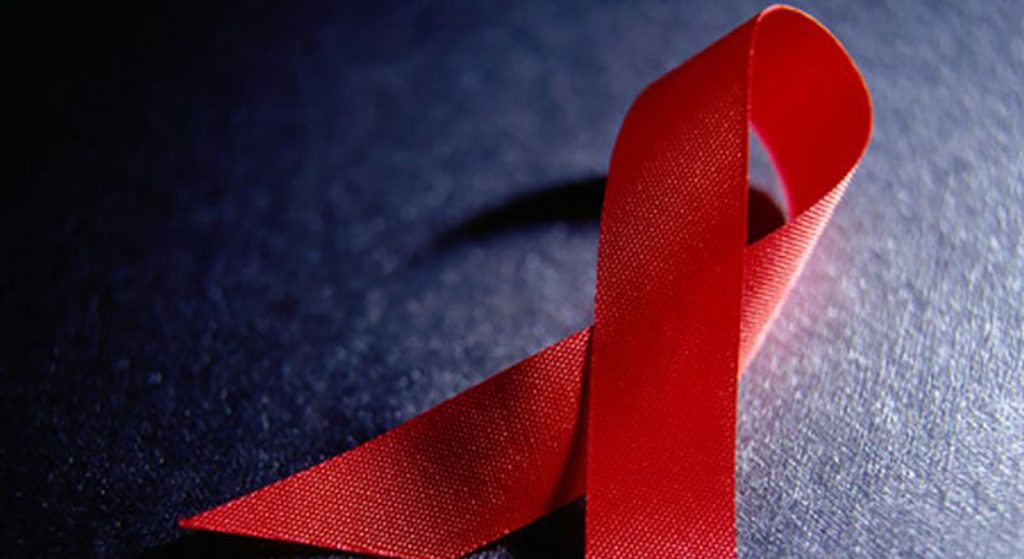The United Nations says that for the first time in the AIDS epidemic, more than half of all people with HIV are on drugs to treat the virus
For the first time in the history of the global AIDS epidemic, more than half of all those infected with HIV are getting the medications they need to treat the disease. According to a global report released by the United Nations this summer, a record 19.5 million of the 36.7 million people who are HIV-positive around the world are on treatment.
“We met the 2015 target of 15 million people on treatment, and we are on track to double that number to 30 million and meet the 2020 target,” said Michel Sidibe, executive director of UNAIDS. “We will continue to scale up to reach everyone in need and honour our commitment of leaving no one behind.”
The document estimated that 35 million lives have been lost in the more than 35 years the world has grappled with the AIDS epidemic. It also reported that AIDS-related deaths have declined by nearly half since the peak of 1.9 million deaths in 2005, although those figures are based on estimates and not actual numbers from countries.
UNAIDS said there were particularly encouraging signs in Africa, a continent that has been ravaged by the disease throughout the years. Another interesting piece of information from the United Nations report is that Eastern and southern Africa are leading the way, reducing new HIV infections by nearly 30 per cent since 2010.
Experts applauded the progress, but some have questioned if the billions of dollars spent battling the virus in the past two decades should have brought more impressive results.
“When you think about the money that’s been spent on AIDS, it could have been better,” said Sophie Harman, a senior lecturer in global health politics at Queen Mary University of London (England).
UNAIDS said there has been significant progress globally, but “there is still more work to do.” As it explained, “Around 30 per cent of people living with HIV still do not know their HIV status, while 17.1 million people living with HIV do not have access to antiretroviral therapy and more than half of all people living with HIV are not virally suppressed.”
Harman warned that the real test will come in five to 10 years once the funding to various AIDS programs goes down, and suggested that aiming for a complete elimination of AIDS is unrealistic.
“It’s bold and no one would ever disagree with the idea of ending AIDS, but I think we should be pragmatic,” she said. “I don’t think we will ever eliminate AIDS, so it’s possible this will give people the wrong idea.”
Others are more optimistic. “Our quest to end AIDS has only just begun,” Sidibe says.






POST A COMMENT